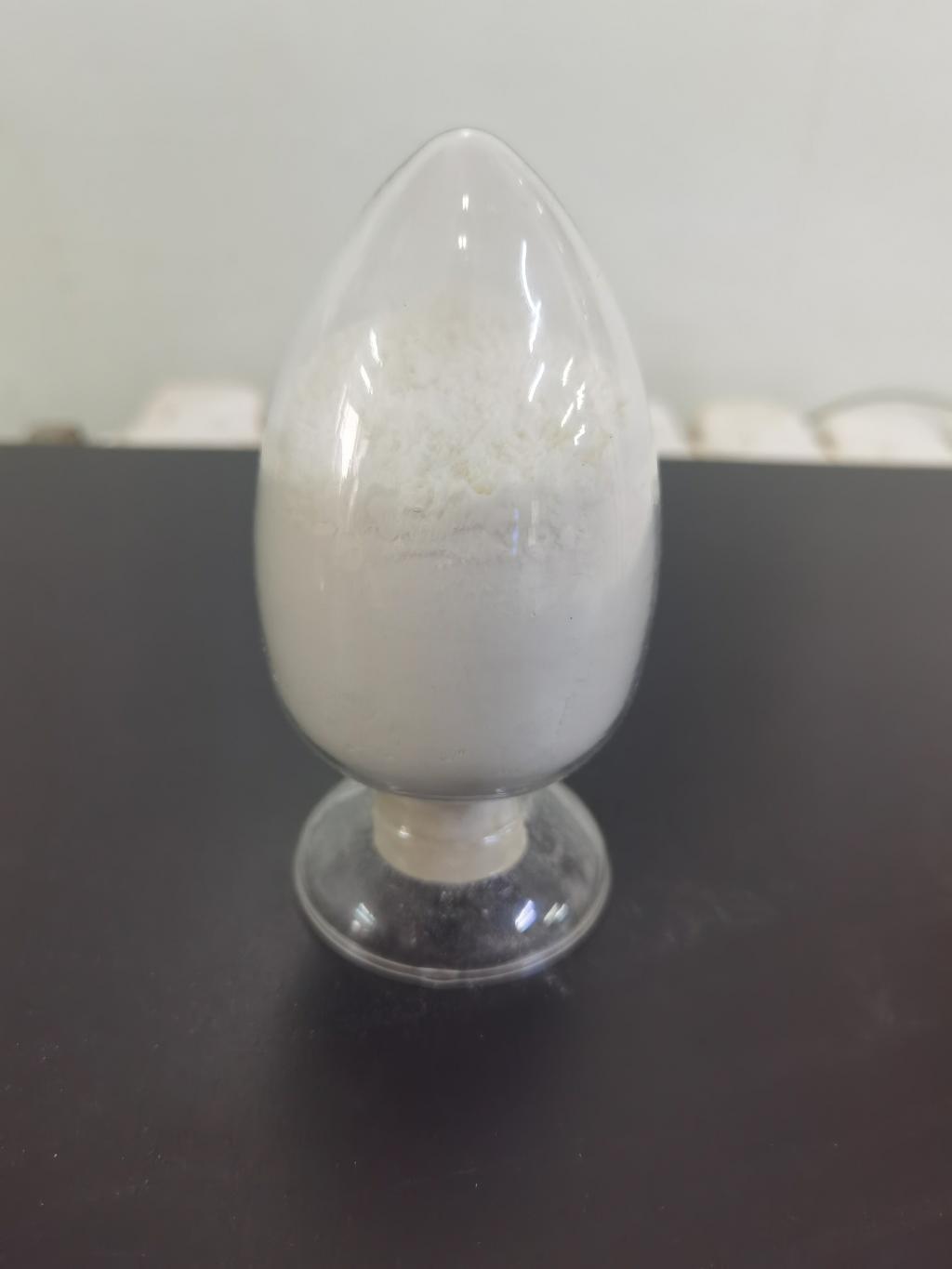
 CONTACT
CONTACT
- Linkman:Linda Yao
- Tel: +8618231198596
- Email:linda.yao@dcpharma.cn
- Linkman:CHARLES.WANG
- Department:Overseas
- Tel: 0086 0311-85537378 0086 0311-85539701
Fermented Foods and ε-Polylysine Hydrochloride: A Symbiotic Relationship
TIME:2023-12-26
In the world of culinary arts and nutrition, the artful craft of fermenting foods has long been celebrated for its transformative effects on taste, texture, and nutritional value. Adding a new dimension to this ancient practice is ε-polylysine hydrochloride, a natural antimicrobial agent with broad-spectrum efficacy. This article delves into the symbiotic relationship between fermented foods and ε-polylysine hydrochloride, exploring the potential benefits, applications, and the exciting possibilities this collaboration presents for both food preservation and human health.
The Art and Science of Fermented Foods
1. A Rich Tapestry of Flavors and Cultures
Fermentation, a time-honored practice that dates back centuries, involves the transformation of food by microorganisms like bacteria, yeast, and molds. From sauerkraut in Germany to kimchi in Korea and miso in Japan, each culture has contributed to a rich tapestry of fermented foods, each with its unique flavors, aromas, and nutritional profiles.
2. Nutritional Enhancement Through Fermentation
Fermentation not only extends the shelf life of foods but also enhances their nutritional content. The process breaks down complex compounds into more digestible forms, increases the bioavailability of certain nutrients, and introduces beneficial microorganisms that contribute to gut health.
The Role of ε-Polylysine Hydrochloride in Food Preservation
1. A Natural Antimicrobial Ally
Derived from certain bacterial strains, ε-polylysine hydrochloride is renowned for its natural antimicrobial properties. As an ally in food preservation, it inhibits the growth of bacteria and molds, extending the shelf life of perishable foods without resorting to synthetic additives.
2. Compatibility with Fermentation
The compatibility of ε-polylysine hydrochloride with the fermentation process is a key aspect of its potential in the world of fermented foods. Unlike some traditional preservatives that may interfere with microbial activity, ε-polylysine hydrochloride can be integrated seamlessly into the fermentation process, preserving the unique characteristics of each fermented product.
Enhancing Safety and Quality in Fermented Foods
1. Controlling Unwanted Microbial Activity
While fermentation relies on specific strains of microorganisms to bring about desirable changes in food, there is always a risk of unwanted microbial activity. ε-Polylysine hydrochloride acts as a safeguard, selectively inhibiting harmful bacteria and molds that could compromise the safety and quality of fermented foods.
2. Stability During Storage and Distribution
Fermented foods often undergo lengthy storage and distribution processes before reaching consumers. The stability of these products during transit is crucial, and ε-polylysine hydrochloride contributes to maintaining the integrity of fermented foods, ensuring they reach consumers with their flavors and nutritional benefits intact.
Applications of ε-Polylysine Hydrochloride in Fermented Foods
1. Preservation of Pickled Vegetables
Pickled vegetables, a common sight in many culinary traditions, undergo fermentation to achieve their distinctive tangy flavor. The addition of ε-polylysine hydrochloride to pickling solutions can enhance the preservation of these vegetables, extending their shelf life without compromising the traditional fermentation process.
2. Cheese Aging and Preservation
Cheese, a beloved product of fermentation, relies on carefully controlled microbial activity for its development. ε-Polylysine hydrochloride can be applied in cheese aging processes to inhibit the growth of undesirable bacteria, allowing artisans to achieve the desired flavors and textures while ensuring the safety and longevity of their products.
3. Sauces and Condiments
Fermented sauces and condiments contribute depth and complexity to various dishes. ε-Polylysine hydrochloride can be incorporated into these products to enhance their safety and extend their shelf life, offering consumers a flavorful and microbiologically stable option.
4. Fermented Beverages
From kombucha to kefir, fermented beverages have gained popularity for their probiotic content and unique taste profiles. ε-Polylysine hydrochloride can be explored as a natural preservative in these beverages, allowing producers to maintain the balance of beneficial microorganisms while preventing the proliferation of spoilage bacteria.
The Health Perspective: Probiotics and Beyond
1. Preserving Probiotic Content
Fermented foods are celebrated not only for their taste but also for their contribution to gut health due to the presence of probiotics. ε-Polylysine hydrochloride, by selectively inhibiting harmful microorganisms, helps preserve the probiotic content of these foods, ensuring consumers receive the full spectrum of health benefits.
2. Addressing Food Safety Concerns
As the global demand for fermented foods rises, so does the need to address food safety concerns associated with microbial contamination. ε-Polylysine hydrochloride acts as a natural shield against pathogens, reassuring consumers about the safety of their favorite fermented products.
Challenges and Considerations
1. Dosage Precision
Finding the right dosage of ε-polylysine hydrochloride is crucial to achieving the delicate balance between preservation and preserving the nuances of the fermentation process. Precision in dosage requires collaboration between food scientists and artisans to optimize the benefits without compromising the quality of the final product.
2. Regulatory Approvals
As ε-polylysine hydrochloride gains attention in the realm of fermented foods, regulatory approvals become a critical consideration. Working within established guidelines and ensuring that the application of this natural preservative aligns with international standards is essential for widespread acceptance.
Conclusion: A Harmonious Fusion of Tradition and Innovation
In the marriage of fermented foods and ε-polylysine hydrochloride, we witness a harmonious fusion of tradition and innovation. The ancient art of fermentation, with its roots in diverse cultures, meets the modern scientific prowess of a natural antimicrobial agent. This symbiotic relationship not only enhances the safety and longevity of fermented foods but also opens up new possibilities for creative exploration within the culinary world.
As consumers continue to seek foods that align with both their taste preferences and health-conscious choices, the collaboration between fermented foods and ε-polylysine hydrochloride emerges as a dynamic response to these evolving demands. It is a journey into the future where the wisdom of the past and the ingenuity of the present come together, creating a gastronomic experience that is both delicious and microbiologically secure. The synergy between fermented foods and ε-polylysine hydrochloride exemplifies the endless possibilities when tradition and innovation dance in harmony on the global culinary stage.
- Tel:+8618231198596
- Whatsapp:18231198596
- Chat With Skype







